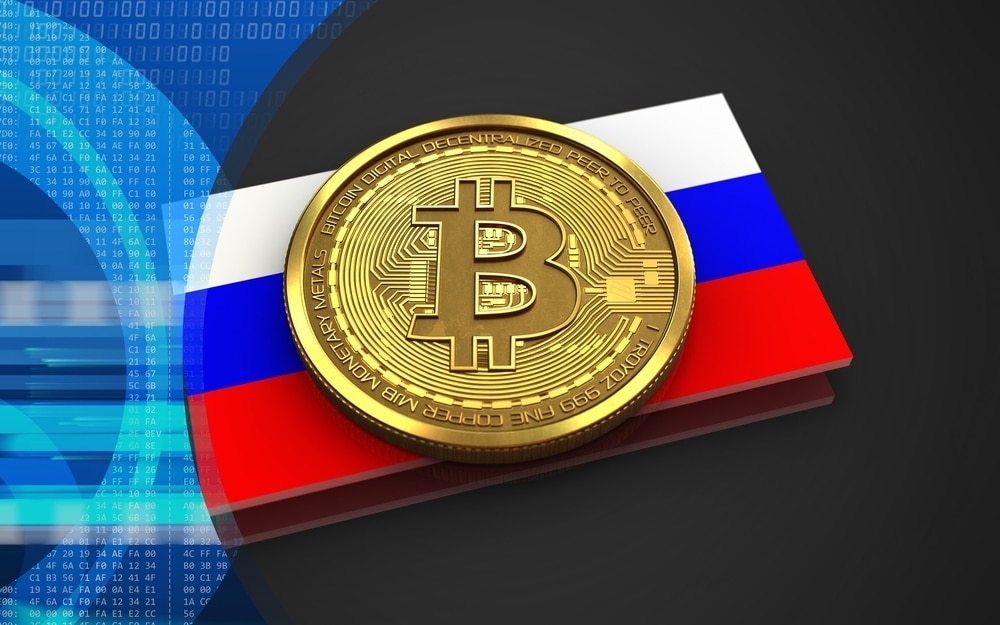Russia Anticipates Crypto Market Growth in 2021
The Russian government foresees an explosive growth in cryptocurrency issuance in 2021, fueled by the implementation of a landmark crypto regulation bill. The law, which grants cryptocurrencies legal status but restricts their use as a payment mechanism, reflects the government’s cautious approach to digital assets.
Despite the lack of a comprehensive regulatory framework, Russian officials are optimistic about the role of cryptocurrencies in the country’s financial ecosystem, predicting significant market developments in the coming year.
Crypto Regulation Efforts in Russia
Russia’s crypto regulatory landscape has undergone significant changes with the introduction of the law “On Digital Financial Assets” (DFA). Signed by President Vladimir Putin in July 2020 and effective from January 1, 2021, the law:
- Grants legal status to cryptocurrencies.
- Prohibits the use of cryptocurrencies like Bitcoin as a payment mechanism.
Anatoly Aksakov, a senior member of the Russian State Duma’s Committee on Financial Markets, has highlighted the growing demand among Russian businesses for a clearer regulatory framework. The legislation aims to balance innovation with oversight, ensuring the safe adoption of digital currencies.
Stablecoins and the Digital Ruble: What’s Next?
Russia is exploring new frontiers in digital currency, including the potential issuance of stablecoins and a digital ruble.
Stablecoins in Russia
There is increasing interest among major Russian companies in launching stablecoins. However, it remains unclear whether the government will allow the issuance of ruble-pegged stablecoins.
The Digital Ruble
The concept of a digital ruble is gaining momentum, with officials expressing optimism about its future. Aksakov remarked:
“From my point of view, the digital ruble is one of the future forms of our ruble, and it should contribute to the development of the financial asset market.”
A digital ruble could enhance the efficiency of the financial system and pave the way for broader adoption of blockchain technology in Russia’s economy.
Challenges in Russia’s Crypto Adoption
While the new regulations signal progress, challenges persist. Russia has historically implemented strict policies to control cryptocurrency usage, including:
-
Undeclared Crypto Wallets:
New regulations impose penalties, including up to 3 years of imprisonment, for individuals who fail to declare their crypto wallet holdings. -
Restricted Access to Exchanges:
Platforms like Binance have been blacklisted, limiting Russian traders’ access to popular cryptocurrency exchanges.
These measures underscore the government’s cautious stance, balancing the benefits of cryptocurrency adoption with concerns over illegal activities and market stability.
A Gradual Shift Toward Crypto Integration
Despite past restrictions, the Russian government’s recent actions suggest a more open approach to integrating cryptocurrencies into the economy. The anticipated surge in crypto issuance is expected to drive innovation and foster new financial products.
Key Developments to Watch:
- The role of major Russian companies in launching blockchain-based solutions.
- The progression of the digital ruble, which could transform the country’s financial infrastructure.
- The implementation and impact of the DFA law on crypto market dynamics.
The Global Perspective: Russia’s Role in Crypto
Russia’s cautious yet forward-looking approach reflects a broader trend among governments worldwide. Countries like France, Estonia, and Spain have already launched pilot projects for central bank digital currencies (CBDCs), and Russia is positioning itself as a key player in this transformative space.
The development of a digital ruble, combined with new regulations, could place Russia at the forefront of blockchain adoption while addressing challenges like illicit activities and regulatory compliance.
Conclusion
Russia’s new crypto regulations signal a pivotal moment for the country’s financial landscape. With predictions of a crypto market surge in 2021, the implementation of the “On Digital Financial Assets” law sets the stage for a more structured and innovative cryptocurrency ecosystem.
As Russia explores stablecoins and the digital ruble, the government must navigate the challenges of regulatory enforcement, market stability, and global competition. The next steps will determine whether Russia can balance innovation with oversight, solidifying its role in the future of digital finance.
To learn more about the innovative startups shaping the future of the crypto industry, explore our article on the latest news, where we delve into the most promising ventures and their potential to disrupt traditional industries.
Disclaimer: The information provided is not trading advice, Bitcoinworld.co.in holds no liability for any investments made based on the information provided on this page. We strongly recommend independent research and/or consultation with a qualified professional before making any investment decisions.




